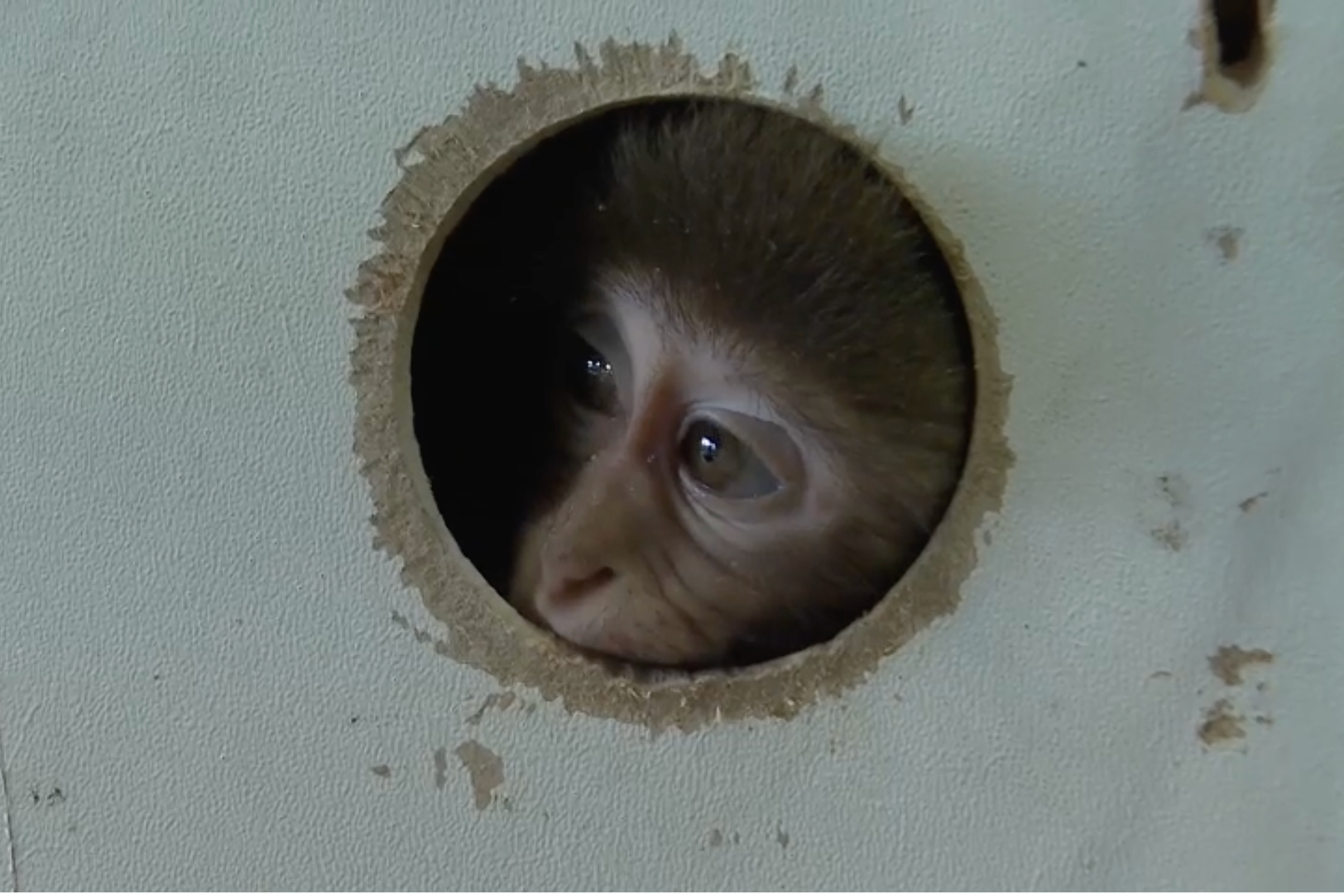
Wildlife trafficking has surged in Türkiye in recent years, turning the country into a major transit hub for illegal trade.
Reports from the Ministry of Trade show that wildlife seizures have more than doubled in the last two years. This raises concerns about Türkiye's role in the global black market for endangered animals and their parts.
Türkiye's geographic position between Asia, Europe, and Africa makes it a prime route for smuggled wildlife. Criminal networks take advantage of its location to move illegal shipments across continents.
Authorities have stepped up efforts to combat trafficking. Data from the Ministry of Trade shows that between 2010 and 2024, officials intercepted 482 incidents.
More than one million live and dead animals, along with illegal animal products such as fur, skins, teeth, and horns, were seized. In 2024 alone, authorities recorded 42 seizures worth 32 million Turkish lira.
A report from the U.K.-based Wildlife Trade Monitoring Network (Traffic) found that Türkiye ranked among the top five countries exporting illegal wildlife products to the European Union in 2022. The rise in seizures comes from both increased smuggling activity and stricter customs enforcement.
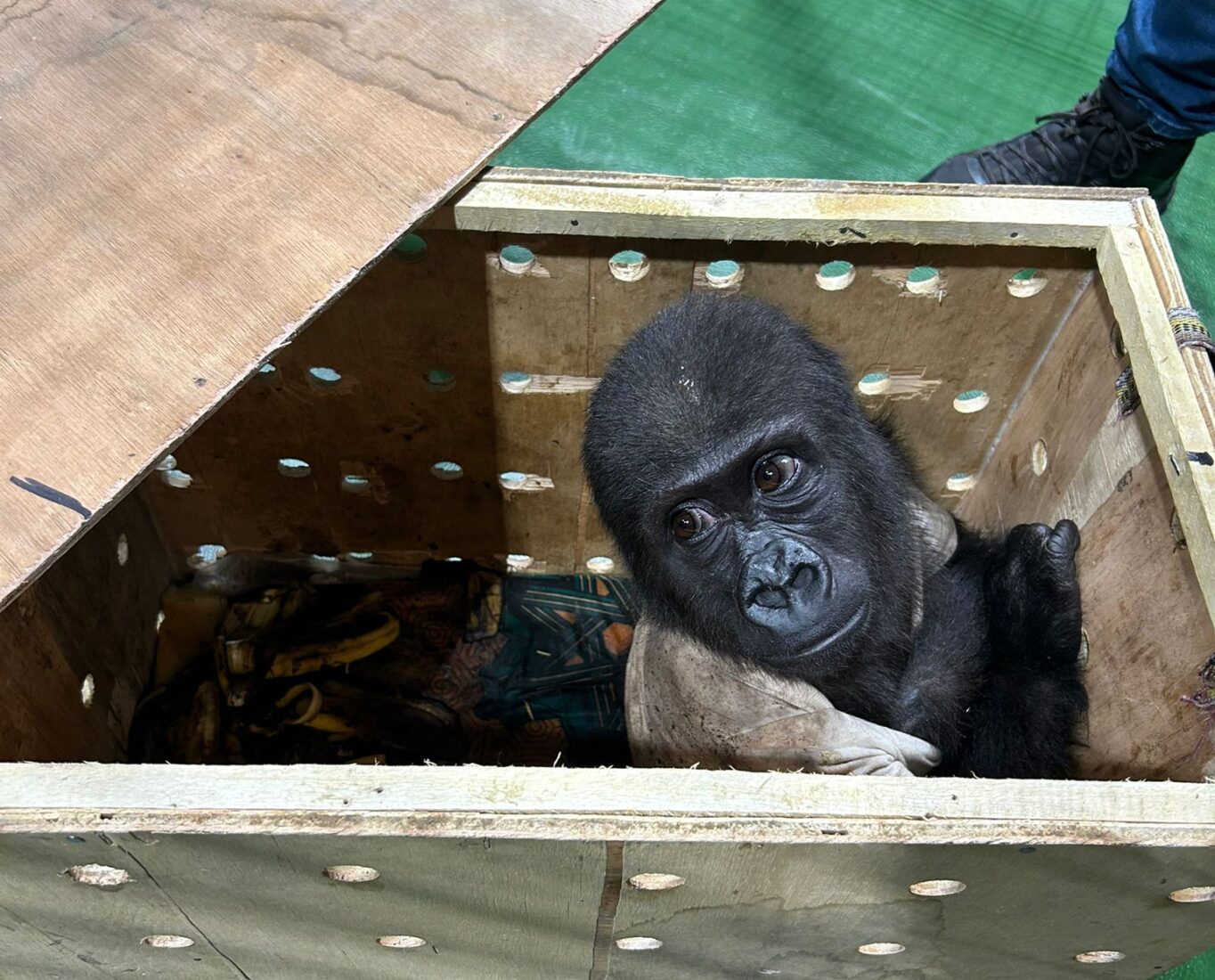
Goldfinches and leeches are the most commonly smuggled species in Türkiye. Dr. Cagdan Uyar from Istanbul University's Wildlife and Hunting Program told BBC, "Their use in healthcare drives the demand for medicinal leeches, while goldfinches are trafficked for their unique appearance and commercial value."
Other commonly smuggled animals include African grey parrots, baby crocodiles, and thousands of small freshwater turtles. A baby gorilla, confiscated at Istanbul Airport in December 2024, was one of the rarest animals seized.
The WWF reports that illegal wildlife products are often sold online through e-commerce platforms, social media, and messaging apps, making it easier for traffickers to operate.
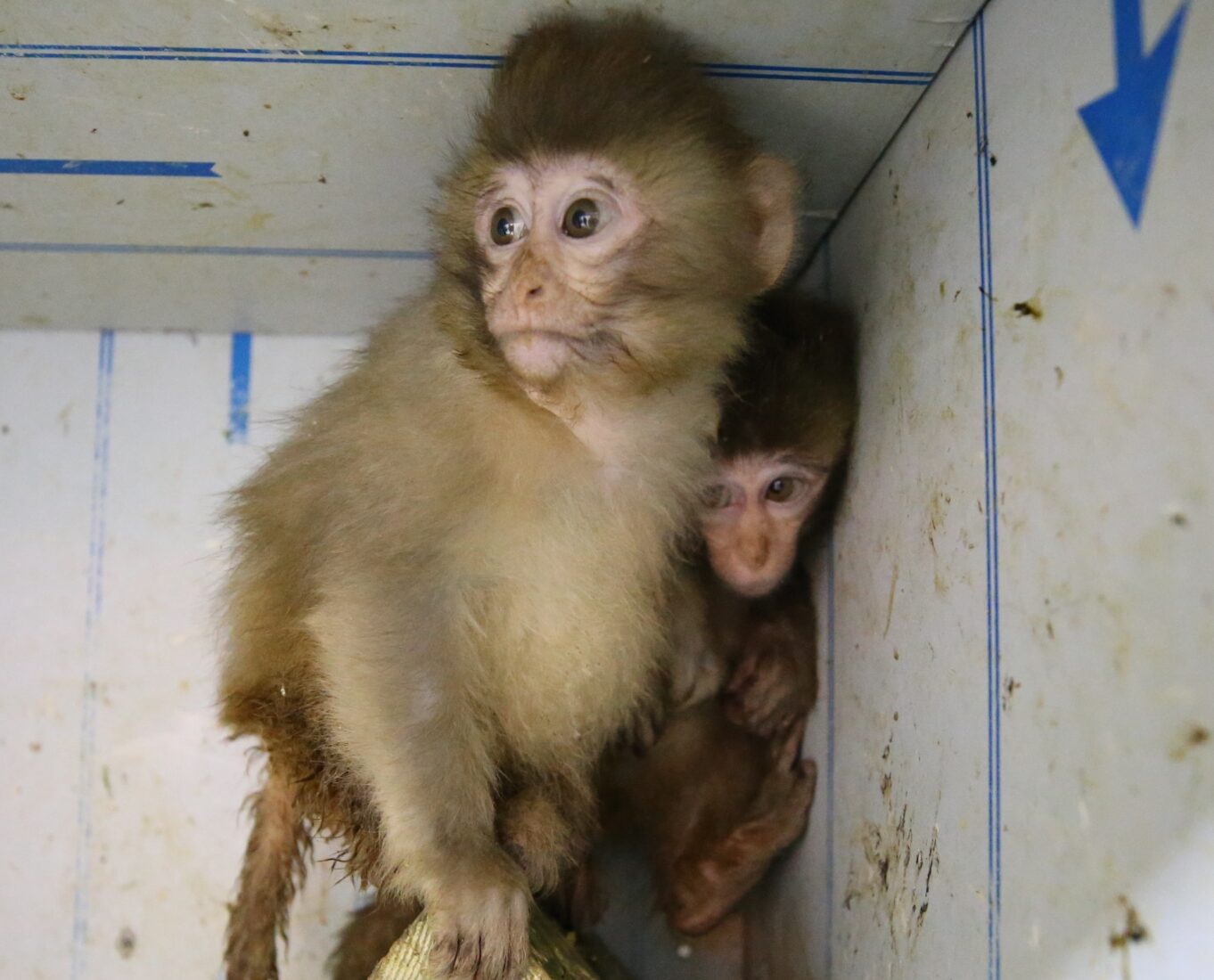
Traffickers use different tactics to avoid detection. Most illegal shipments move through land border crossings and airports.
The Ministry of Trade reported that 90% of seizures in the last 14 years happened at land borders or airports. Smugglers often hide animals in luggage, clothing pockets, and even inside stuffed toys.
In 2024, customs officers at Sabiha Gokcen Airport found baby Nile crocodiles hidden in a passenger's suitcase. That same year, Chinese authorities arrested a man for attempting to smuggle more than 100 live snakes inside his trousers.
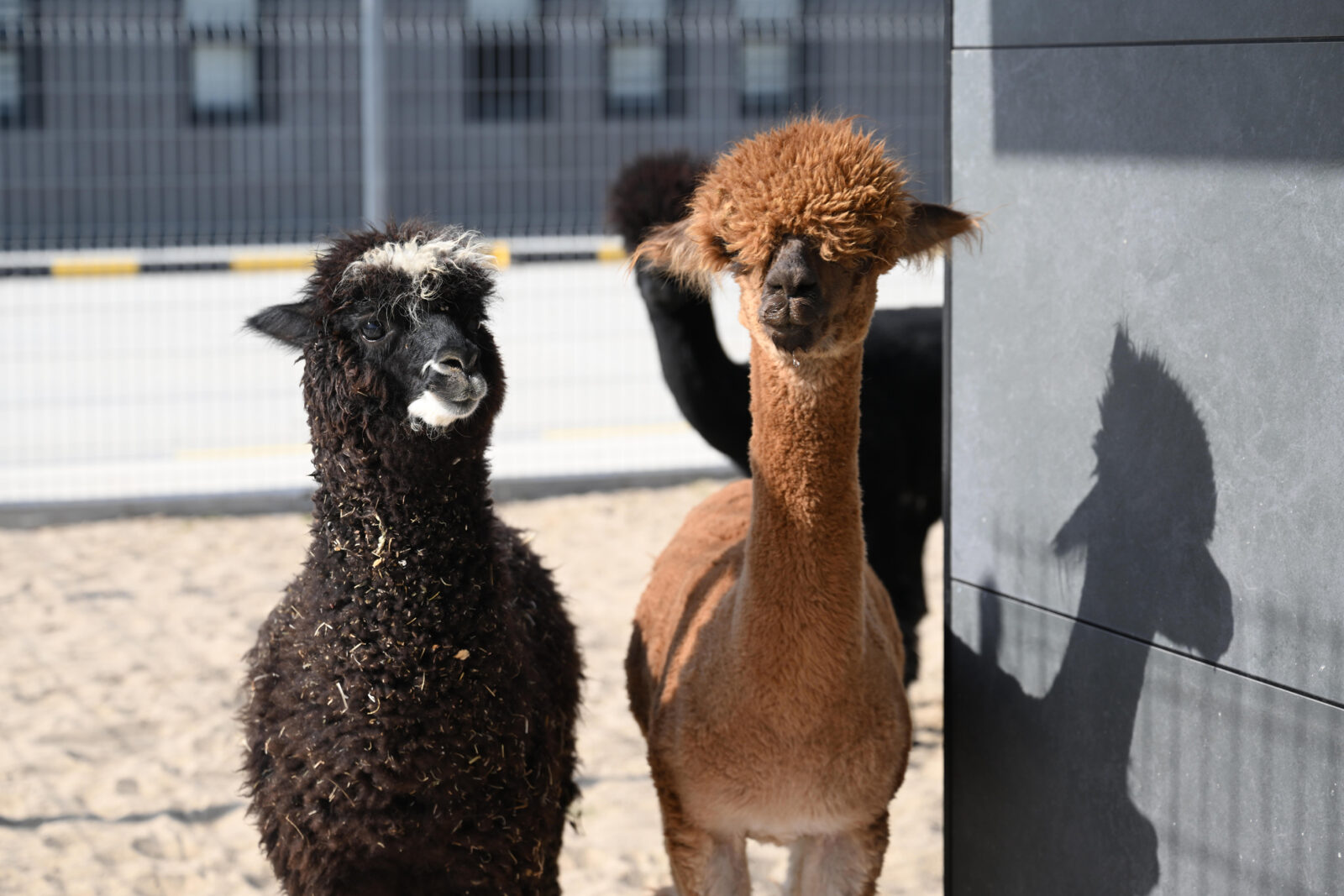
Wildlife trafficking is a lucrative, low-risk business for criminal networks. Interpol ranks it as the fourth-largest illegal trade after drugs, weapons, and human trafficking.
The industry generates an estimated $20 billion annually. Criminals exploit weak enforcement, legal loopholes, and high global demand to fund other illicit activities.
Key challenges in stopping wildlife trafficking:
Türkiye has increased enforcement against wildlife trafficking. Customs officers use intelligence reports, risk assessments, and random inspections to catch traffickers. The Environmental Protection and Nature Conservation Teams, a special division of the gendarmerie, focus on protecting endangered species and shutting down illegal operations.
However, legal weaknesses remain. Prof. Dr. Osman Devrim Elvan from Istanbul University-Cerrahpasa said, "The current laws refer to multiple regulations, but they do not clearly define the crime and its penalties. There are gaps in enforcement that need to be fixed."
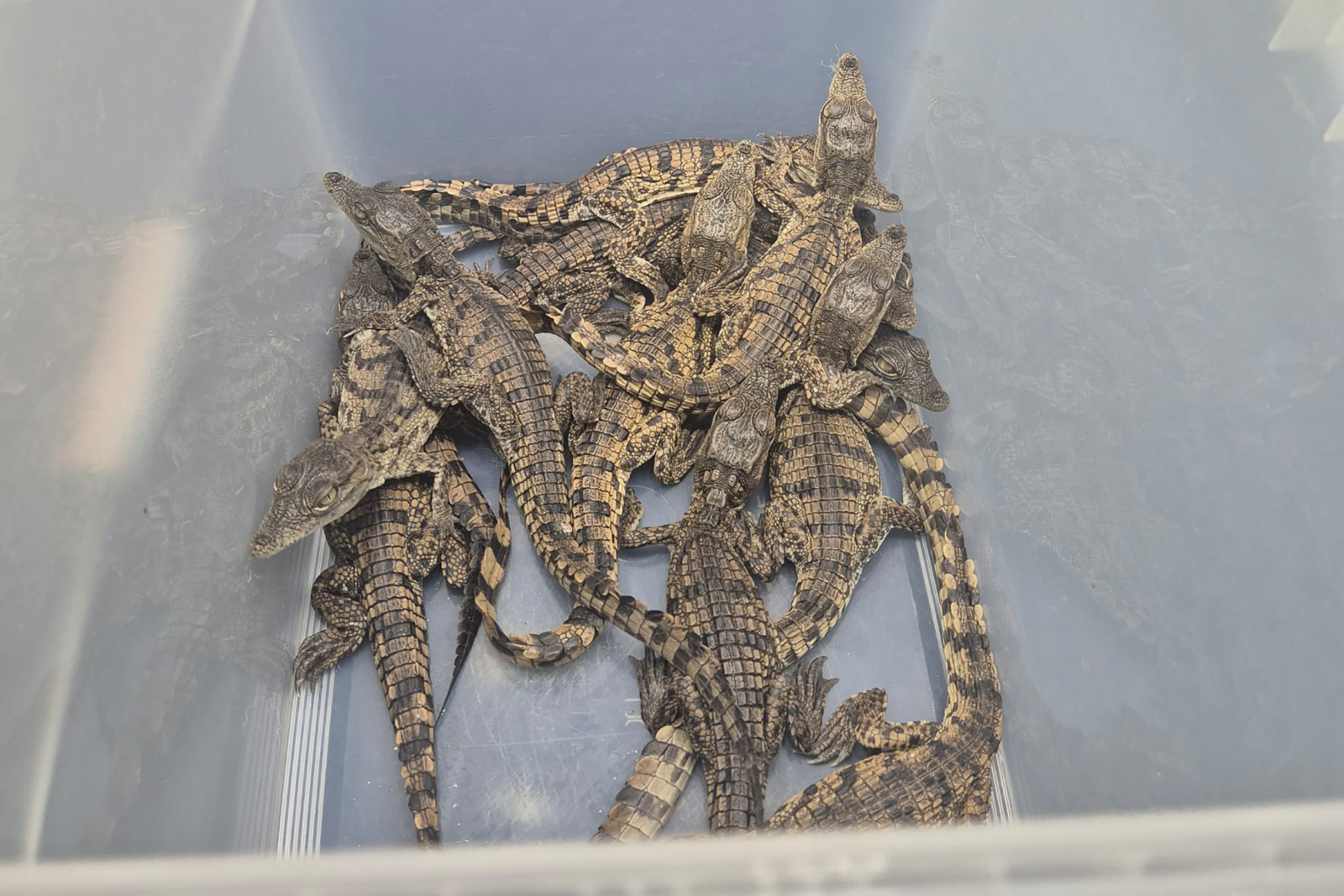
Wildlife trafficking threatens biodiversity by pushing species toward extinction. The WWF warns that illegal trade is the second-largest threat to endangered species, following habitat destruction.
Returning seized animals to their natural habitats is another challenge. Wildlife photographer and researcher Pedram Turkoglu said, "Most animals that are seized can never return to the wild because of the stress and poor conditions they endure in captivity."
Experts also warn that smuggled animals can carry pathogens that pose a risk to human health. The illegal wildlife trade has been linked to zoonotic diseases, raising concerns about future outbreaks.

Governments and organizations worldwide are working to fight wildlife trafficking. In 2018, WWF and several global companies launched a coalition to curb online wildlife sales. In 2024, the e-commerce platform eBay removed 500,000 listings linked to wildlife trafficking using AI-powered detection systems.
Türkiye has also taken part in global law enforcement efforts, such as Operation Thunder, led by Interpol and the World Customs Organization. In 2024, this operation led to 365 arrests worldwide. Turkish authorities intercepted 10,300 foxtails at Istanbul Airport as part of the crackdown.
Despite these initiatives, experts say stronger legal measures, well-trained personnel, and increased public awareness are necessary to stop wildlife trafficking. Türkiye’s growing role in the illegal wildlife trade makes it critical for authorities to close legal gaps and strengthen enforcement to prevent further environmental damage.